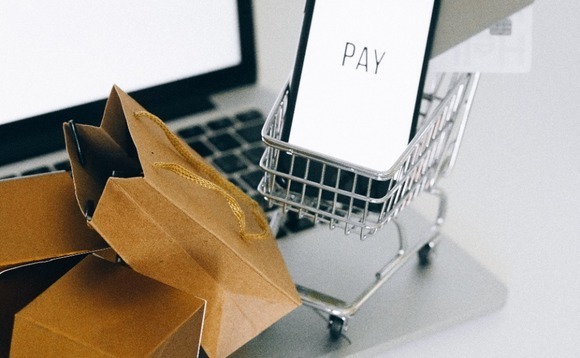
Chinese O2O retail platform Dmall gets $418m Series C

Dmall, a Chinese digital solutions provider for traditional retailers, has raised a Series C of RMB2.8 billion ($419 million) led by Industrial Bank and China Structural Reform Fund at a valuation of $2 billion.
Existing backers Tencent Holdings, IDG Capital, and CMB International re-upped. Other investors include Hong Kong-listed Hengan International Group, Lenovo Capital, a government guidance fund representing Shenzhen's Futian District, and Tianya Capital.
Dmall spun out from Chinese supermarket chain Wumart Group in 2015. Its founders are Wenzhong Zhang, the founder of Wumart, and Feng Zhang, who previously led Wumart's e-commerce business. The company received $100 million from IDG Capital in 2015 and then a Series A round, led by the same investor, in 2017. Shenzhen Investment Holdings led the Series B in 2018.
Initially, Dmall's business model was to help traditional offline retailers to fulfill orders made online. Within a year it switched to a more integrated offering with an end-to-end service. As of July, the company had worked with 112 retail chains and supermarkets, covering 13,000 offline stores. Its app has more than 100 million users, including 18 million monthly active users.
While JD Daojia leverages the JD.com logistics network to help offline retailers make deliveries, Dmall claims to cover the whole supply chain, from procurement and warehousing to loyalty programs and payments. For example, when a customer pays for goods through the Dmall app, a profile is created and recommendations are made for future purchases.
Dmall is the online platform of choice for all Wumart stores. Last year, Wumart acquired German retailer Metro's China operation, creating a network of around 600 supermarkets. The broader Wumart Group comprises more than 1,800 hypermarkets, supermarkets, convenience stores, department stores, and home improvement stores, with annual sales of more than RMB50 billion, according to a McKinsey & Company profile.
Speaking to McKinsey in March, Zhang explained how Wumart responded to the coronavirus pandemic by establishing 3,000 O2O community collection stations for home delivery and contactless pick-up.
"We believe the coronavirus crisis has brought forward the timeline for adoption of omnichannel grocery services, such as remote ordering and pick-up, by at least one year. Keeping track of how online ordering preferences change under lockdown is also essential; customers sought to vary their diet across a balance of ready meals and home-cooking, and there were significant shifts among top-selling brands," he said.
Latest News
Asian GPs slow implementation of ESG policies - survey
Asia-based private equity firms are assigning more dedicated resources to environment, social, and governance (ESG) programmes, but policy changes have slowed in the past 12 months, in part due to concerns raised internally and by LPs, according to a...
Singapore fintech start-up LXA gets $10m seed round
New Enterprise Associates (NEA) has led a USD 10m seed round for Singapore’s LXA, a financial technology start-up launched by a former Asia senior executive at The Blackstone Group.
India's InCred announces $60m round, claims unicorn status
Indian non-bank lender InCred Financial Services said it has received INR 5bn (USD 60m) at a valuation of at least USD 1bn from unnamed investors including “a global private equity fund.”
Insight leads $50m round for Australia's Roller
Insight Partners has led a USD 50m round for Australia’s Roller, a venue management software provider specializing in family fun parks.








